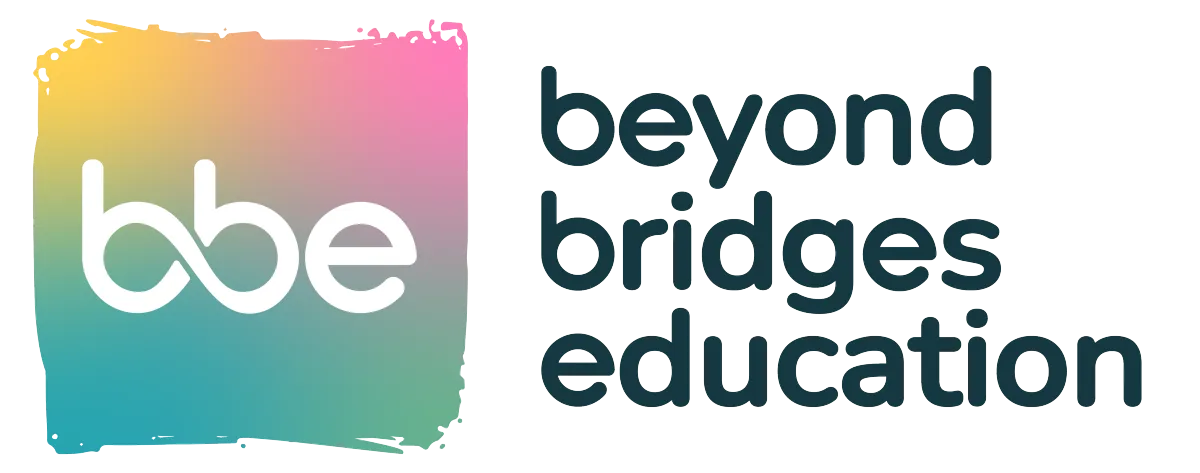Frequently Asked Questions
What is neurodiversity?
Neurodiversity encompasses the spectrum of brain-based differences among individuals, emphasising unique ways of processing information and experiencing the world.
What is neuro-enhanced?
Neuro-enhanced education involves leveraging insights from embodied neuroscience—which considers the brain, body, and environment—to better understand human behaviour. By examining how sensory, motor, and cognitive systems interact, educators can enhance their approach to teaching and classroom management.
One key aspect is the importance of teachers understanding their own internal states and recognising how these states influence their interactions with students. This self-awareness enables teachers to better identify and address the diverse behaviours and needs of students, especially those with attention challenges or sensory sensitivities.
To integrate these insights into educational practices, several strategies can be employed:
1. *Voice Modulation*: Adjusting the tone, pitch, and volume of voice to maintain student engagement and manage classroom dynamics.
2. *Eye Contact*: Using eye contact effectively to build rapport and ensure students feel seen and understood.
3. *Environmental Management*: Creating a conducive learning environment by controlling background noise and other sensory inputs to reduce distractions and enhance focus.
By applying these neuro-enhanced strategies, educators can support all learners more effectively, fostering a more inclusive and responsive classroom environment.
What are BBE's 3 Key Pillars?
Neuro-enhanced Awareness: Delving into your child's cognitive, emotional, and social dynamics within familial and social systems.
Neuro-enhanced Adaptations: Offering practical strategies tailored to create supportive environments at home and school.
Neuro-enhanced Advocacy: Building collaborative teams around your child to ensure they are seen, heard, and understood.
What are Special Educational Needs and Disability (SEND)?
SEND is a legal term in the UK. SEND encompasses various learning difficulties or disabilities, including but not limited to dyslexia, dyscalculia, ADHD, Autism, and sensory processing disorder. We adopt a strengths-based approach to support individuals with SEND, valuing their unique strengths and needs.
Why are Beyond Bridges Education different?
At Beyond Bridges Education, we stand out for our neuro-enhanced approach, integrating cutting-edge neuroscientific findings to inform our strategies. We prioritise personalised support, embracing neurodiversity and advocating for every child's unique needs.
What ages do we work with?
We provide support for children and young people across various age groups, from early childhood through adolescence and into young adulthood.
Do we work with international families?
Yes, we collaborate with families globally, recognising the unique challenges international families may face in navigating educational systems in the UK. Our services extend to provide comprehensive support for neurodivergent children, regardless of geographical location.
What is the easiest way to get started?
Getting started with Beyond Bridges Education is simple. Book a free 1-hour consultation with us to discuss your child's needs and explore how our tailored support can benefit them. Simply fill out the consultation booking form on our website, and our team will reach out to schedule a convenient time for you.


